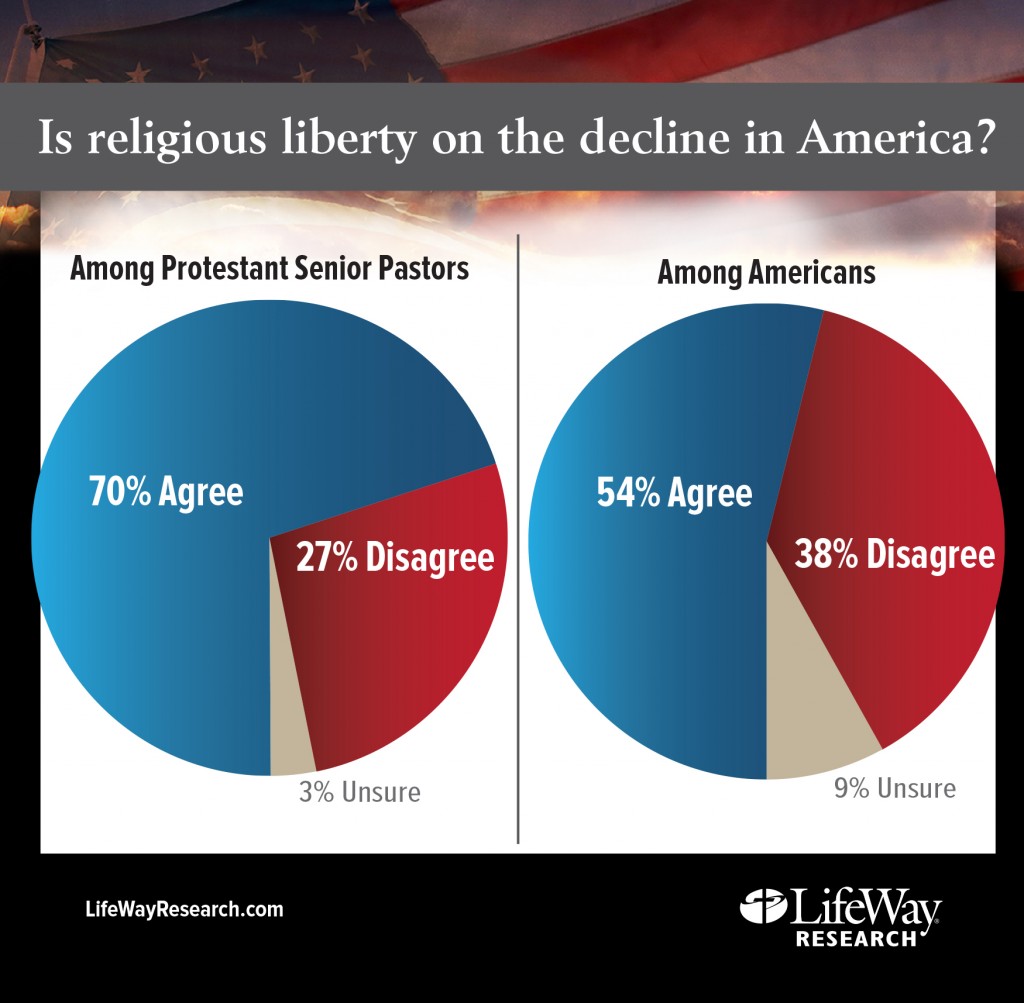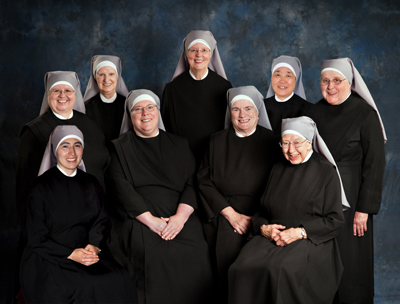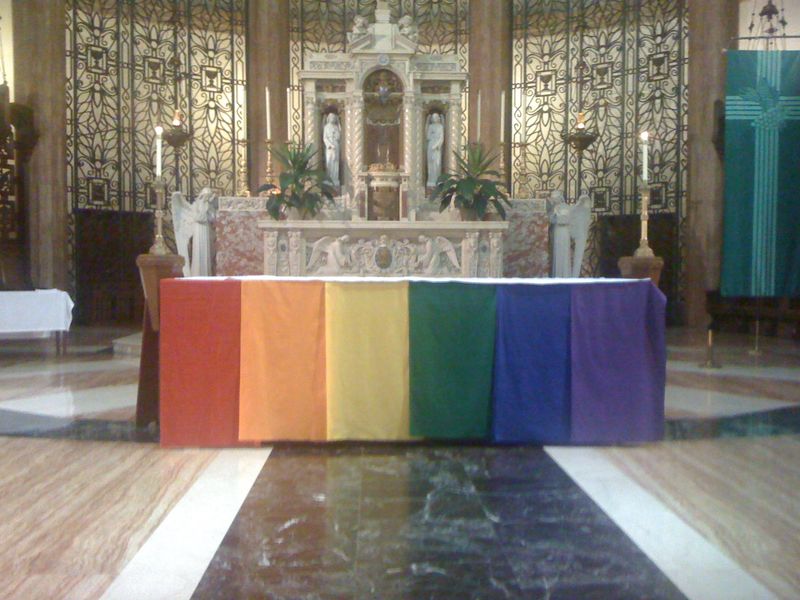After carving apart so many journalism-challenged articles, it’s nice to be able to throw laurels every now and then. This one — a whole bouquet, actually — goes to David Van Biema of Religion News Service for his thorough, balanced article on the newest project of the Green family: a Bible course to be taught in public schools.
We at GetReligion have long noted the fine work of Van Biema, a veteran religion writer for Time magazine. Three years ago, our George Conger mentioned Van Biema’s 2006 article on the prosperity gospel. Eight years later, he’s just as good.
I like Van Biema’s RNS story just for the lede. Only there does he mention the Supreme Court case where the Greens, who own the Hobby Lobby store chain, are fighting the Affordable Care Act because of its contraception requirement. That would likely have been the focus of many other media reports.
Instead, Van Biema moves quickly to the still-developing Bible course, which has been accepted in the Greens’ backyard, Mustang, Okla. He offers an introduction, saying the program would examine the Bible’s “narrative,” its development and its impact on civilization.
The article extensively quotes Jerry Pattengale of the Green Scholars Initiative, who of course pumps the product. He cites Green for wanting young Americans to understand the Bible and its significance. Pattengale describes the first year of the four-year task as a “multimillion-dollar effort involving more than 170 people.”
Van Biema offers a gee-whiz item: pictures in a textbook that “come alive” when a smartphone is held over them. The feature sounds like “augmented reality,” which I wrote about in May when I saw it in a Catholic high school yearbook.
Great touch also in getting input from a veteran expert on church and state:
The Green curriculum “is like nothing we’ve seen before,” said Charles Haynes, senior scholar at the First Amendment Center and editor of a booklet sent out to all schools by the U.S. Department of Education in 2000 on teaching religion in public schools. “It’s unique in its ambition and its scope and its use of the latest technologies. I think school districts far from Oklahoma will take note.”
Yet another laurel for Van Biema reminding us what the Supreme Court says and does not say about teaching the Bible:














